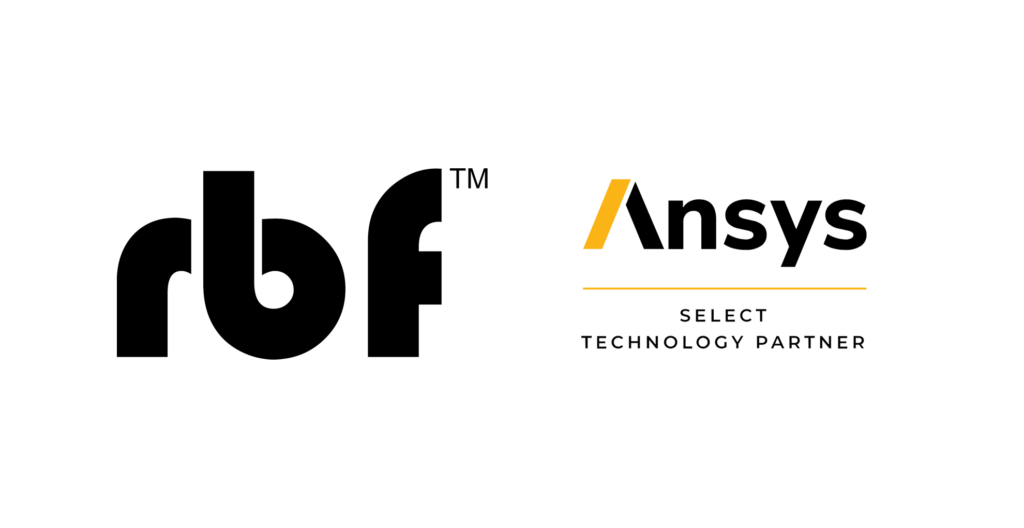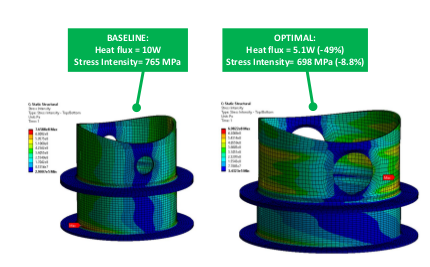A research work powered by RBF Morph has been presented from University of Roma Tor Vergata at the 32nd Symposium on Fusion Technology (SOFT 2022).
The event is organised by the Ruđer Bošković Institute (RBI), Croatia’s leading scientific institute in natural and biomedical sciences as well as marine and environmental research. The biennial symposium on fusion technology is the most important conference in this field in Europe, bringing together scientists, engineers, industry representatives and exhibitors from all over the world and focusing on the latest developments in fusion experiments and activities. SOFT includes invited, oral and poster presentations, as well as industry and R&D exhibitions.
The poster contribution is entitled “Preliminary design of the cold mass supports for the EU DEMO feeders”.

Abstract The Cold Mass Support (CMS) is a basic structural component of the feeder system of the EU DEMO tokamak. Goal of this structural element is not only to provide support to the containment duct – wiring the cryogenic lines, electrical bus bars and instrumentation to the magnets – in terms of both gravity loads and Lorentz forces, but also to isolate low temperature elements from the ambient, reducing the (conductive and radiative) heat load. In this work an optimisation procedure adopted for the preliminary design of the EU DEMO CMS is described, making use of a shape parameterisation based on Radial Basis Functions (RBF). Structural and thermal numerical grids are morphed from a baseline configuration, and complex shape variations are achieved by means of an advanced meshless procedure based on CAD parametric surfaces, respecting geometrical constraints. A response surface based optimisation is finally performed to obtain a preliminary CMS candidate able to fulfil both structural and thermal targets.
Reach us with a message.



